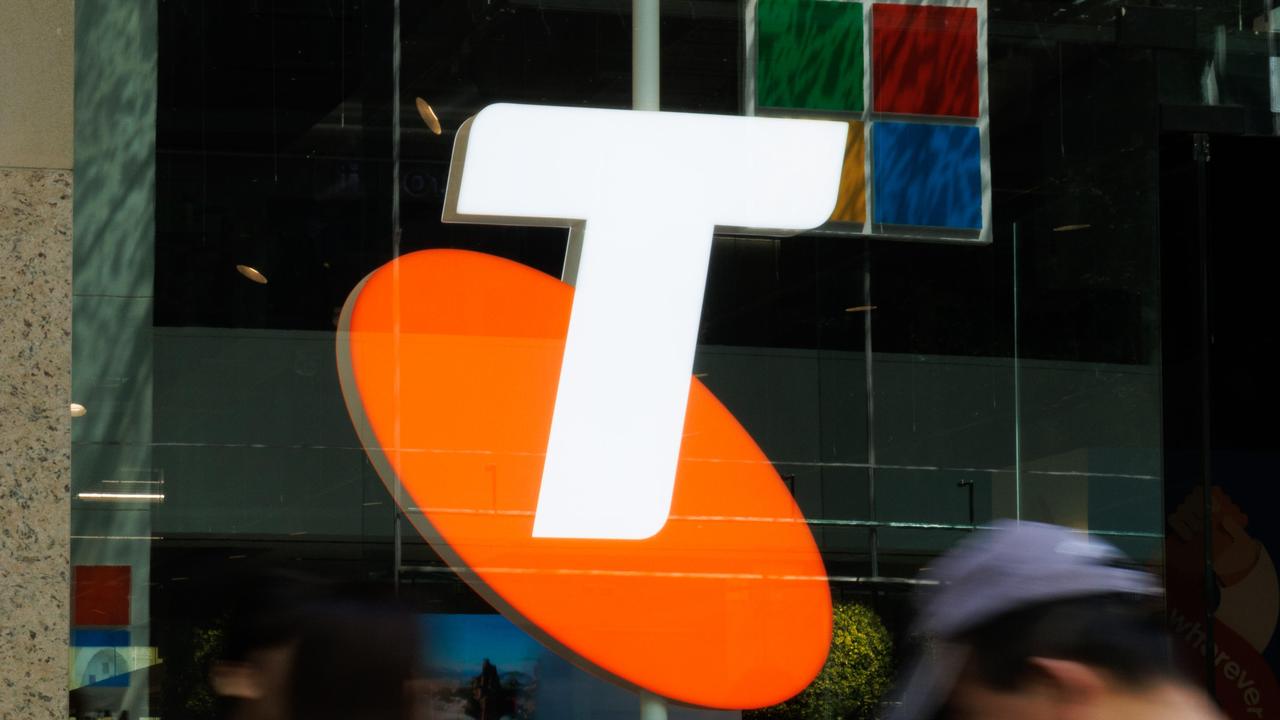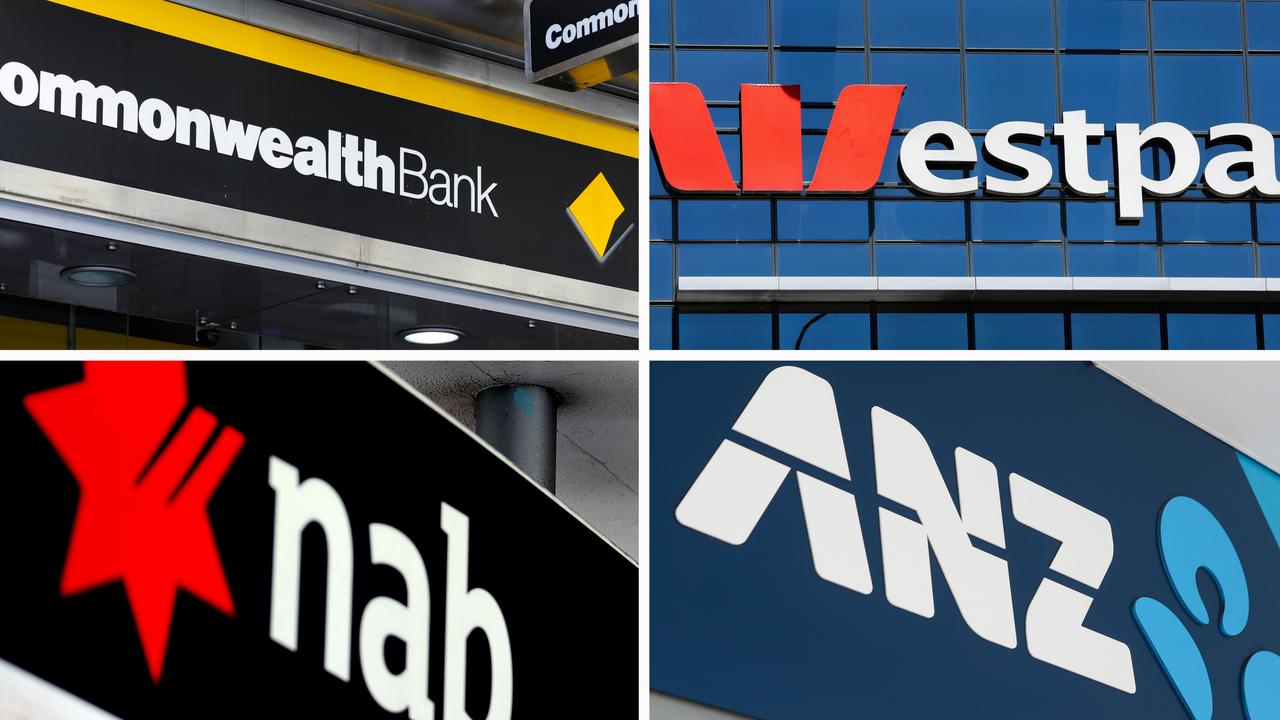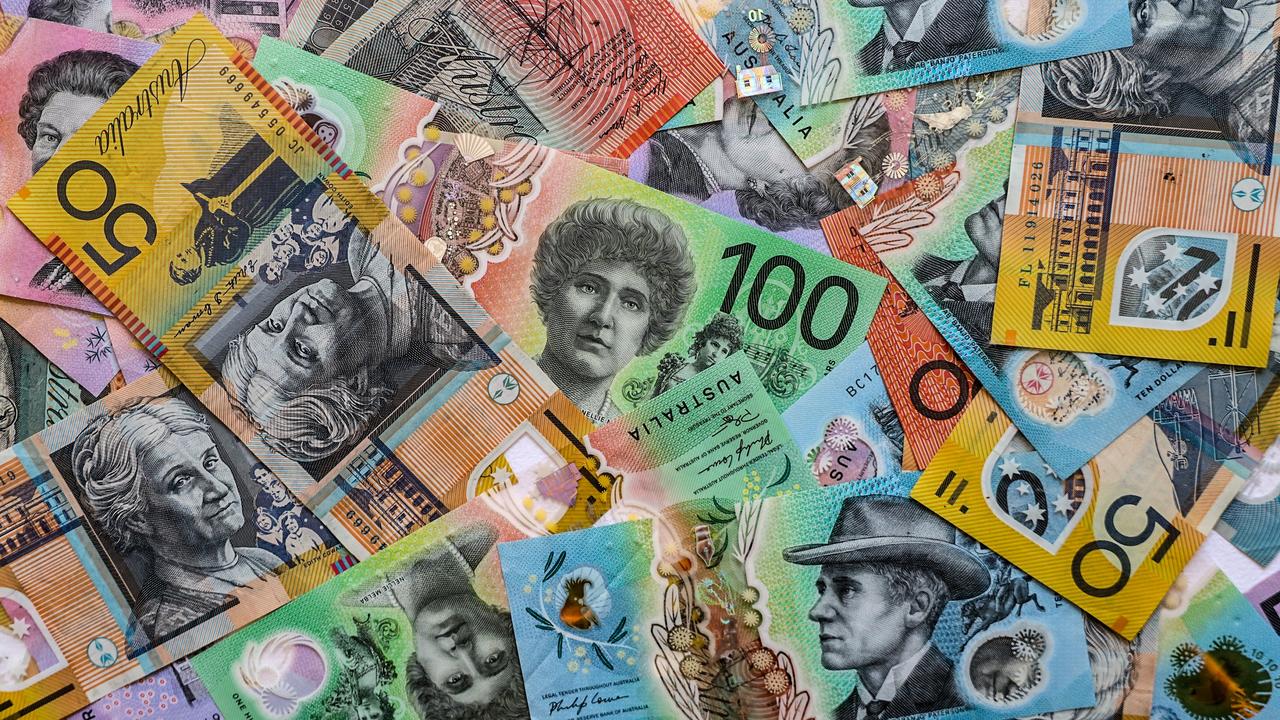Australian inflation expected to hit 30-year high this month
The pain experienced by Australians is going to hit hard before the end of the month, when inflation is expected to hit a 30-year high.
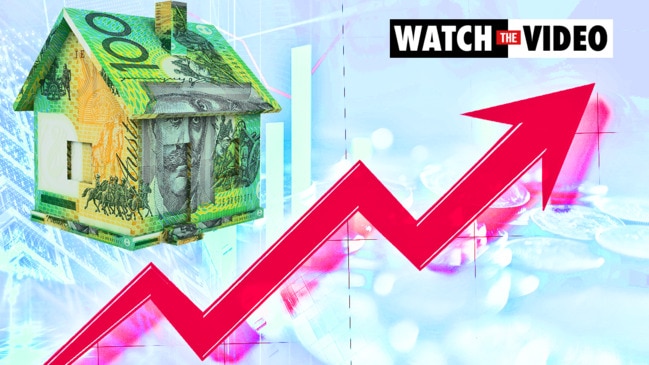
The pain is going to continue next month for Australians hit hard by a cost of living crisis with no end in sight.
Consumers and businesses are by now well aware that bills are set to soar in the next 12 months as rising interest rates, record petrol prices and skyrocketing grocery bills take their toll.
On Tuesday, the news got worse off the back of fresh data from the National Australia Bank predicting inflation will hit its highest mark in more than 30 years before July is over.
NAB chief economist Alan Oster said rising labour costs and higher-than-expected purchase costs revealed in the NAB business survey would contribute to higher quarterly inflation.
He said inflation could peak at 7.2 per cent at the end of July – well up from the 5.1 per cent reported in March.
NAB survey June biz confidence & conditions both down altho conditions holding up better
— Shane Oliver (@ShaneOliverAMP) July 12, 2022
Input & output prices and labour costs all up consistent with a further rise in inflation
We expect a rise in the June qtr CPI of 6.2%yoy supporting another +0.5% rate hike from RBA in Aug pic.twitter.com/kvagSglaM7
According to The West Australian, that figure would be the highest since inflation reached 7.7 per cent in June of 1990.
“Both purchase costs and labour costs are running at record levels … which reflect the significant global supply shocks that are still flowing through as well as domestic energy disruptions and the very tight local labour market,” Mr Oster said.
He told The West that what was coming would be record breaking.
“Higher costs are clearly translating into higher inflation,” Mr Oster said.
“Price measures in the June survey confirm we are heading for another very strong inflation print for Q2 when CPI is released later this month – possibly as high as 1.5-1.6 per cent in underlying terms.”
He said that would be the fastest underlying inflation on record.
Stream more finance news live & on demand with Flash. 25+ news channels in 1 place. New to Flash? Try 1 month free. Offer ends 31 October, 2022 >

Westpac chief economist Bill Evans said in the bank’s monthly consumer sentiment index that there had now been seven consecutive monthly falls in sentiment - a trend that has only been seen during “periods of major disruption”, including the Covid-19 pandemic, the Global Financial Crisis, the recessions of the early 1990s and early 1980s, and the slowdown in the mid-1980s.
“The Index has now fallen 19.7 per cent since December 2021, a precipitous tumble comparable to the two–month plunge during COVID (–20.8 per cent); and the six–monthly declines seen heading into the Global Financial Crisis (–29.7 per cent); the early 1990s recession (–20.5 per cent); the mid–1980s downturn (–23.8 per cent); and early 1980s recession (–18.8 per cent),” he wrote.

At the end of June, news.com.au reported the Bank for International Settlements (BIS) was predicting the world’s top economies were lurching towards a “tipping point” where soaring inflation becomes the new normal, with the global economy now “flashing red” as risks grow.
In its latest annual report, BIS predicted that if that were to play out, inflation would be extremely difficult to rein back in.
The report argued that the only way to prevent that from occurring was to ignore wage claims and roll out aggressive interest rate hikes, with many nations already battling inflation, stalling economic growth and financial vulnerabilities linked to high debt and rising interest rates.
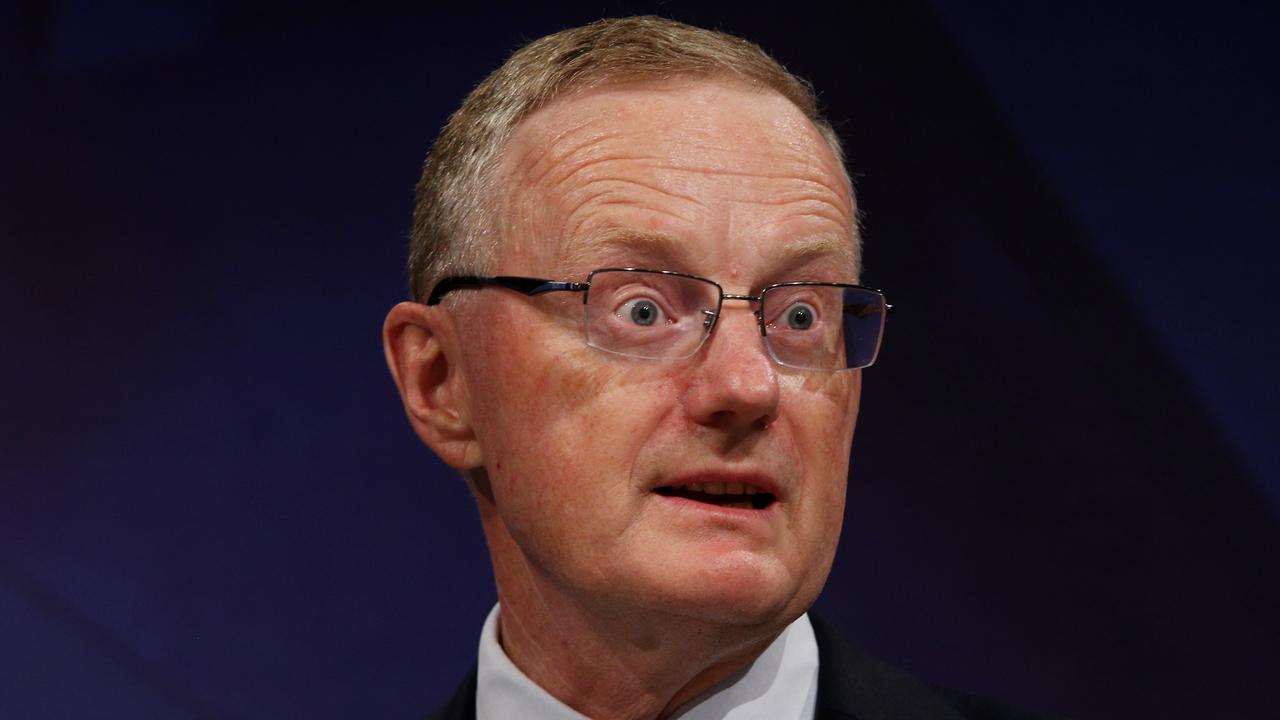
BIS – often described as a bank for the world’s central banks, including Australia’s Reserve bank – said this could all lead to “stagflation”, a phenomenon seen in the 1970s and early ’80s when the inflation rate was soaring while the economic growth rate slowed down and unemployment was high.
This is all taking place as the global economy continues to take a battering from the Covid pandemic and associated supply chain disruptions, coupled with pressures caused by the war in Ukraine.
“We may be reaching a tipping point, beyond which an inflationary psychology spreads and becomes entrenched. This would mean a major paradigm shift,” the BIS said.
“As inflation rises and becomes a focal point for agents’ behaviour, behavioural patterns tend to strengthen the transition,” the report stated, predicting companies would act to protect profit while workers would demand better wages to keep up, leading to shorter-term contracts.
“In a worst-case scenario, the global economy could be set for a period of stagflation, involving both low growth, if not an outright recession, and high inflation.”



